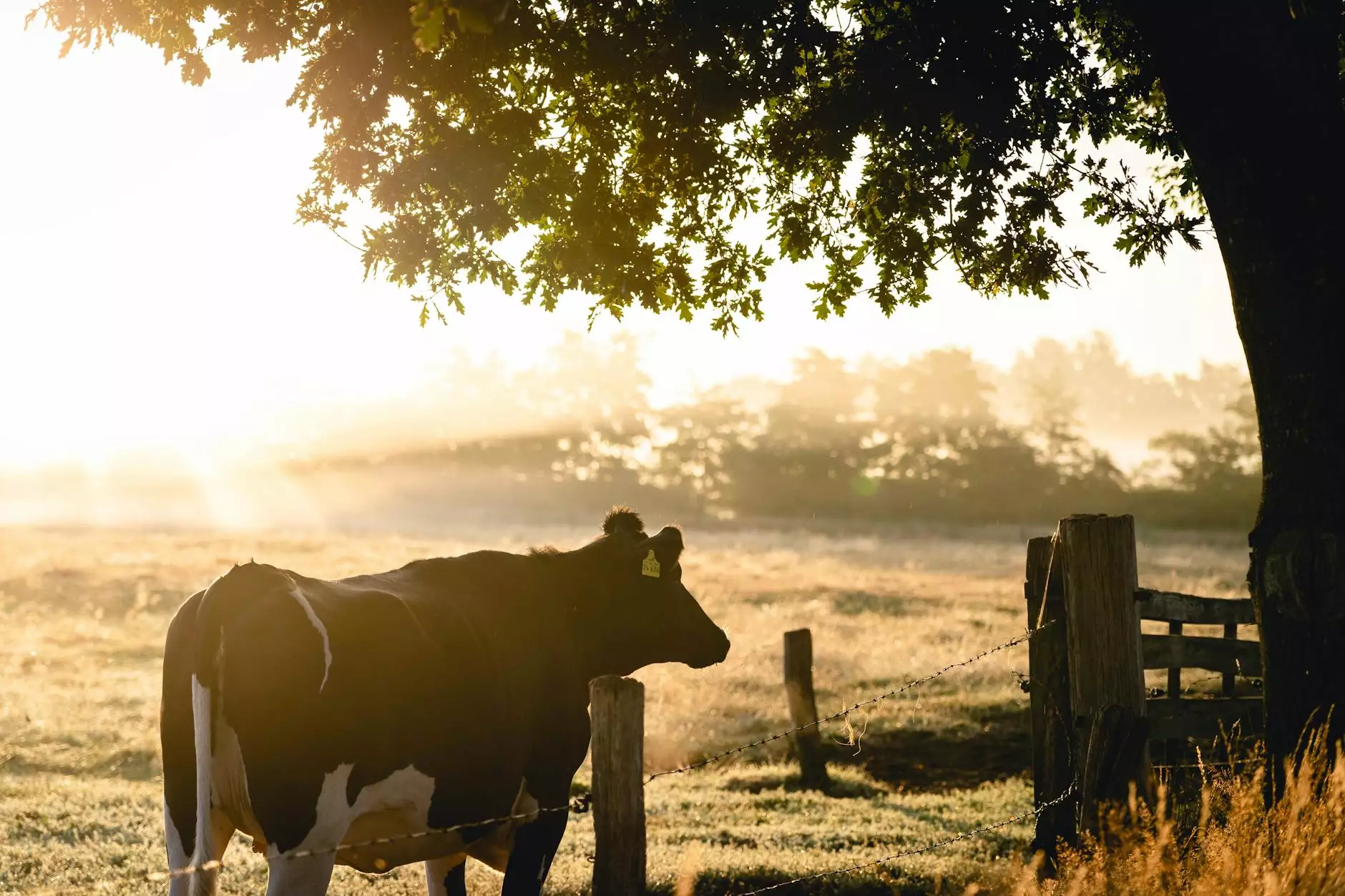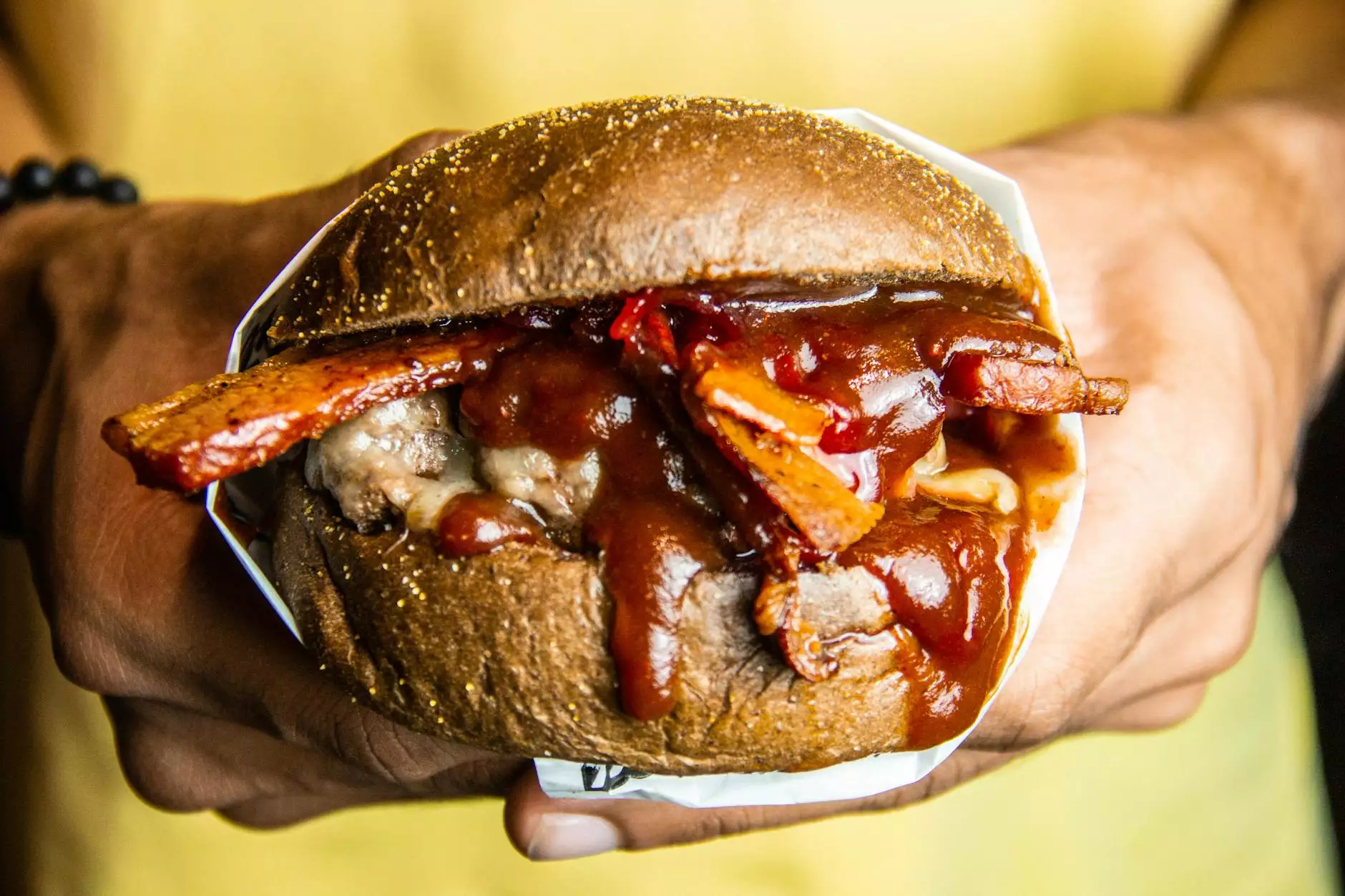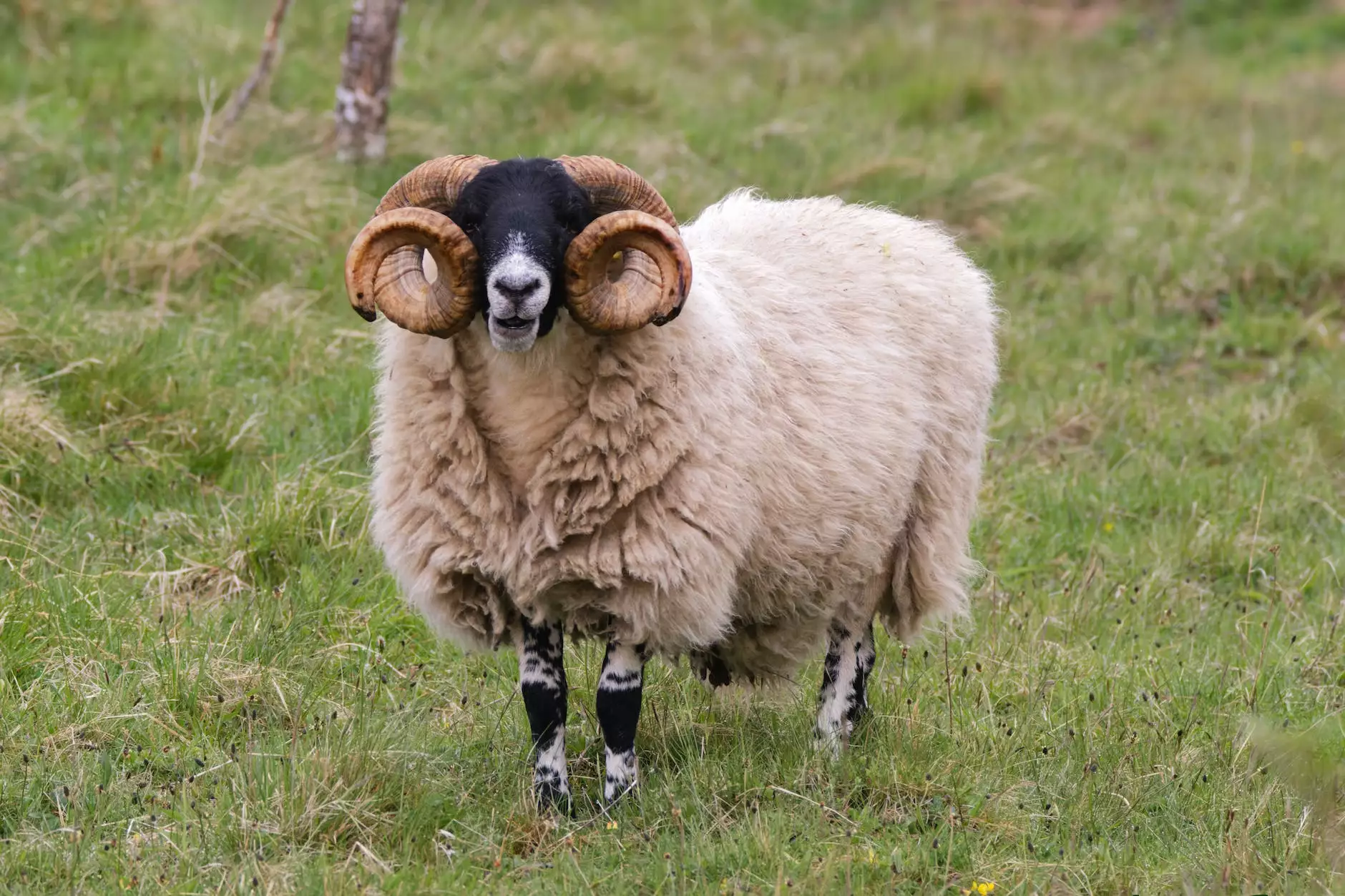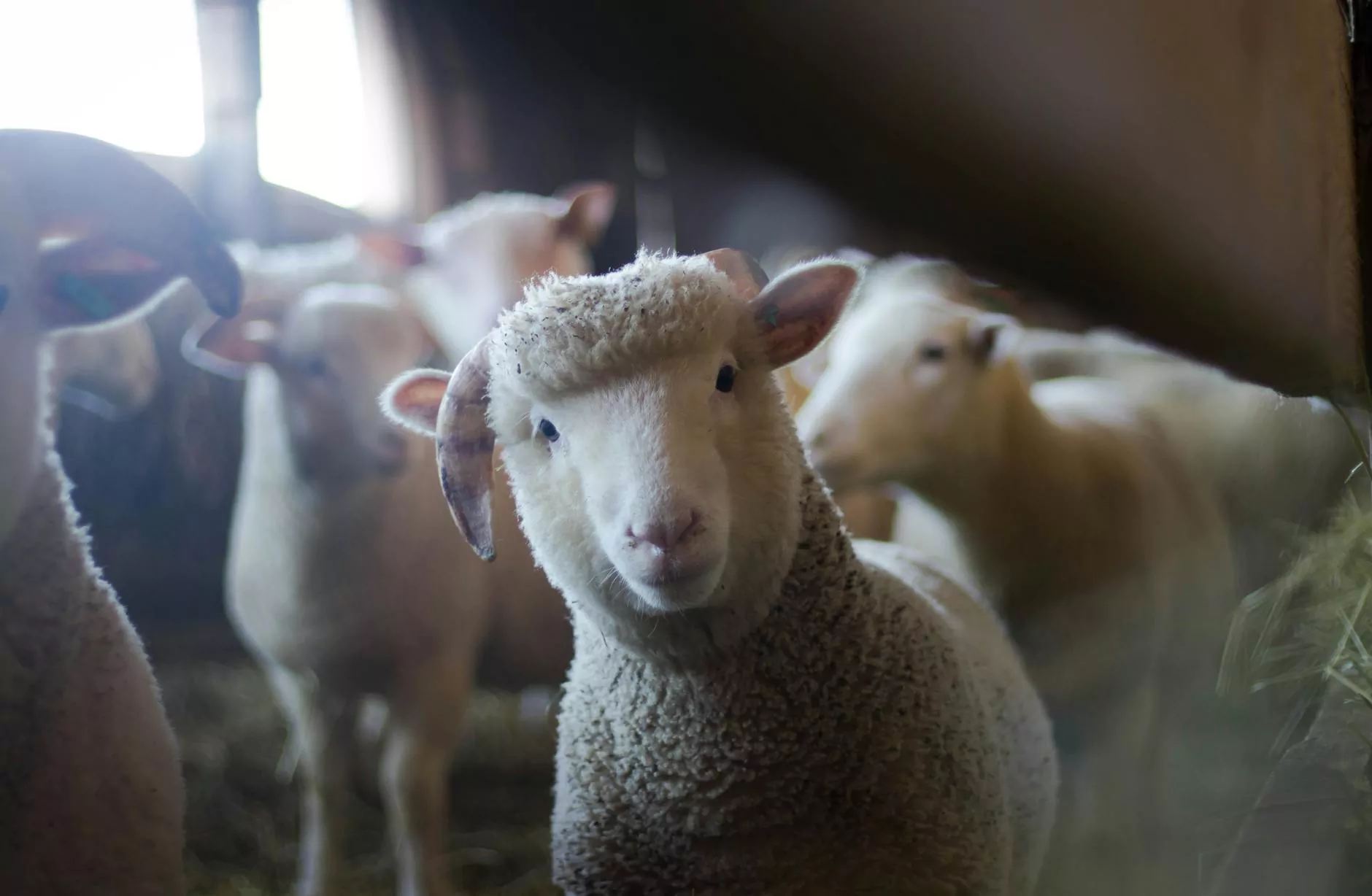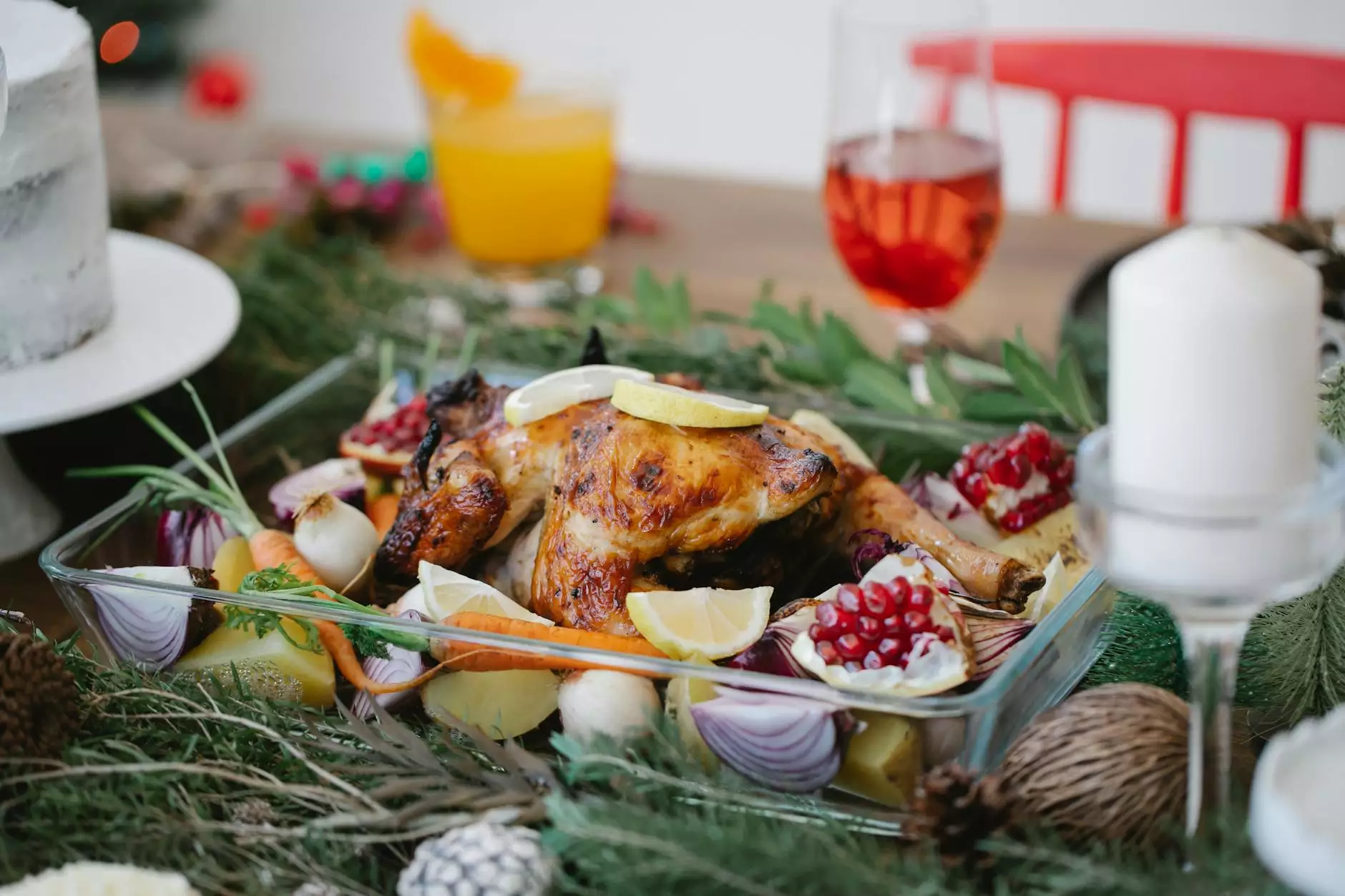What do ducks eat? The ultimate guide to feeding your duck
About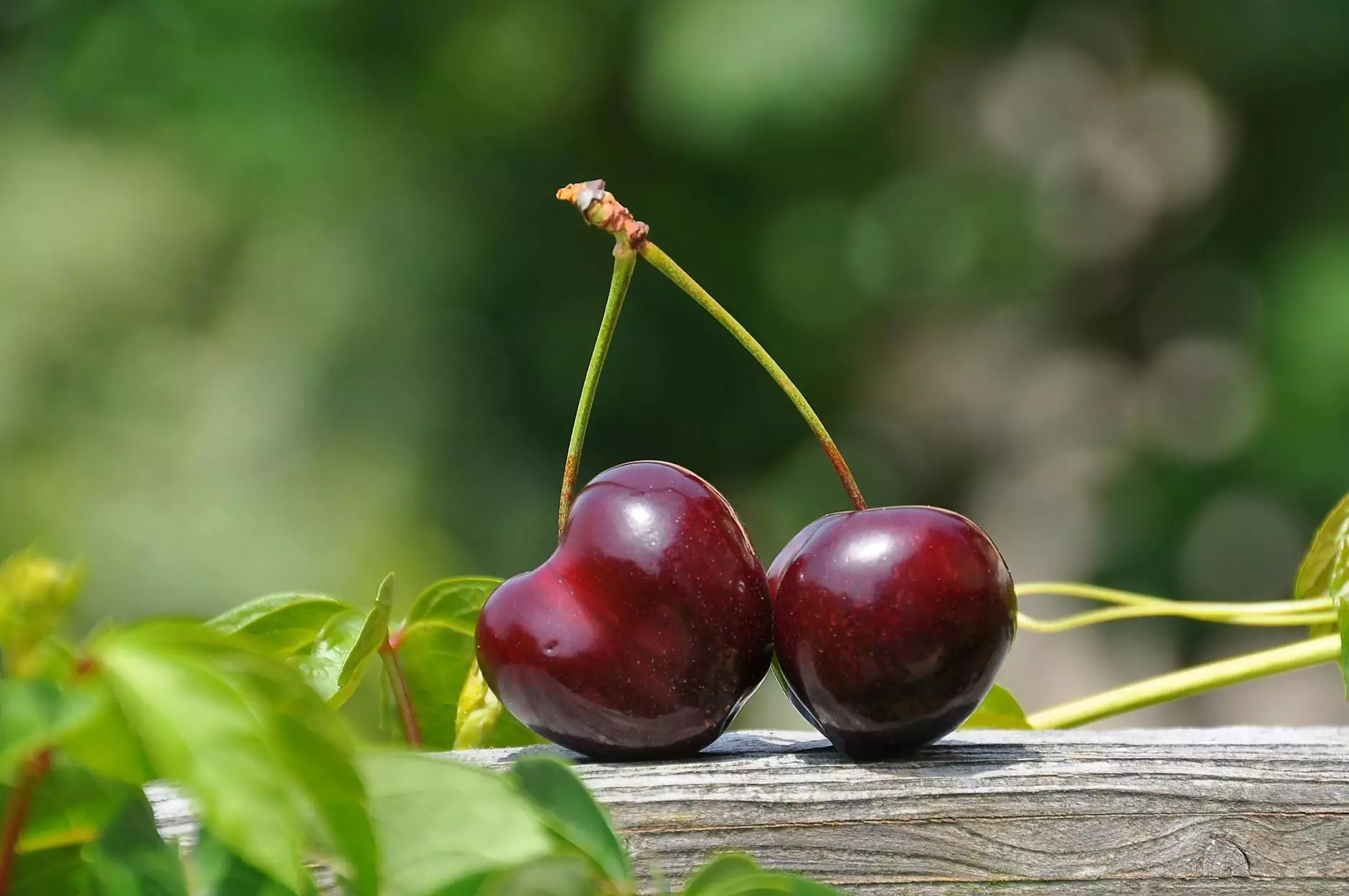
Introduction
Welcome to the ultimate guide to feeding your duck! If you are a duck owner or considering getting a duck as a pet, it's essential to understand their dietary needs. Ducks are omnivorous animals and have specific nutritional requirements for optimal health. In this comprehensive guide, Pollen Bank, a leading eCommerce store specializing in food and supplements for ducks, will provide you with all the information you need to ensure your duck receives a balanced diet.
What do ducks eat in the wild?
In their natural habitats, ducks have a varied diet. They feed on aquatic plants, grass, seeds, insects, worms, snails, small fish, and amphibians. Their diet consists of both vegetation and protein-rich sources, allowing them to obtain essential nutrients necessary for their overall well-being.
Nutritional needs of ducks
To ensure your duck remains healthy, it's crucial to provide a well-balanced diet. Ducks require a combination of carbohydrates, proteins, fats, vitamins, minerals, and water. The right balance of nutrients supports their growth, feather quality, immune system, and reproductive health.
Carbohydrates
Carbohydrates are a vital energy source for ducks. They can obtain carbohydrates from grains, such as corn, wheat, barley, and oats. These should make up a significant portion of their daily diet.
Proteins
Proteins are essential for muscle development and repair. Ducks need high-quality protein sources like insects, worms, snails, and aquatic invertebrates. Supplementing their diet with protein-rich pellets or feeds can help ensure they meet their protein requirements.
Fats
Fats provide ducks with energy, help insulate their bodies, and support organ function. You can include fats in their diet through feeds with added oils or by offering them nutritious treats like cracked sunflower seeds. However, it's crucial to offer fats in moderation to avoid excessive weight gain.
Vitamins and Minerals
Ducks require an adequate supply of vitamins and minerals to maintain healthy bones, feathers, and internal systems. A well-balanced diet of high-quality feeds, along with occasional supplements or treats like vegetables and fruits, can help fulfill their vitamin and mineral needs.
Water
Water plays a crucial role in a duck's diet. They need access to clean, fresh water for drinking and for essential activities like preening and digestion. Ensure your duck always has access to a water source large enough for them to dunk their entire head.
Feeding your duck
Now that we understand the nutritional needs of ducks, let's discuss how to feed them properly:
1. Choose a high-quality commercial feed
Opt for a commercial feed specifically formulated for ducks. Pollen Bank offers a wide range of premium duck feeds made from natural ingredients, ensuring your duck receives the best nutrition.
2. Offer a variety of vegetables and fruits
Supplement your duck's diet with fresh vegetables and fruits. Leafy greens like lettuce and spinach, chopped carrots, peas, and small slices of apple or melon are nutritious options. Remember to introduce new foods gradually and in moderation.
3. Provide protein-rich treats
Occasionally offer your duck treats such as mealworms, earthworms, or small pieces of cooked egg. These protein-rich treats are both delicious and beneficial for their overall health.
4. Ensure access to clean water
Always provide clean and fresh water for your duck to drink and bathe in. Change the water daily to prevent contamination and ensure it's easily accessible for your duck.
5. Avoid harmful foods
Avoid feeding your duck foods that can be harmful, such as chocolate, caffeine, onions, garlic, avocado, and salty foods. These can cause various health issues for ducks and should be strictly avoided.
In conclusion
Feeding your duck a nutritious and balanced diet is essential for their overall health and well-being. Pollen Bank, your trusted eCommerce store for duck nutrition, provides a wide range of high-quality feeds and supplements to support the dietary needs of your feathered friend. By following the guidelines mentioned in this ultimate guide, you can ensure that your duck receives the best nutrition possible. Happy feeding!
© 2022 Pollen Bank | eCommerce & Shopping - Food & Supplements
